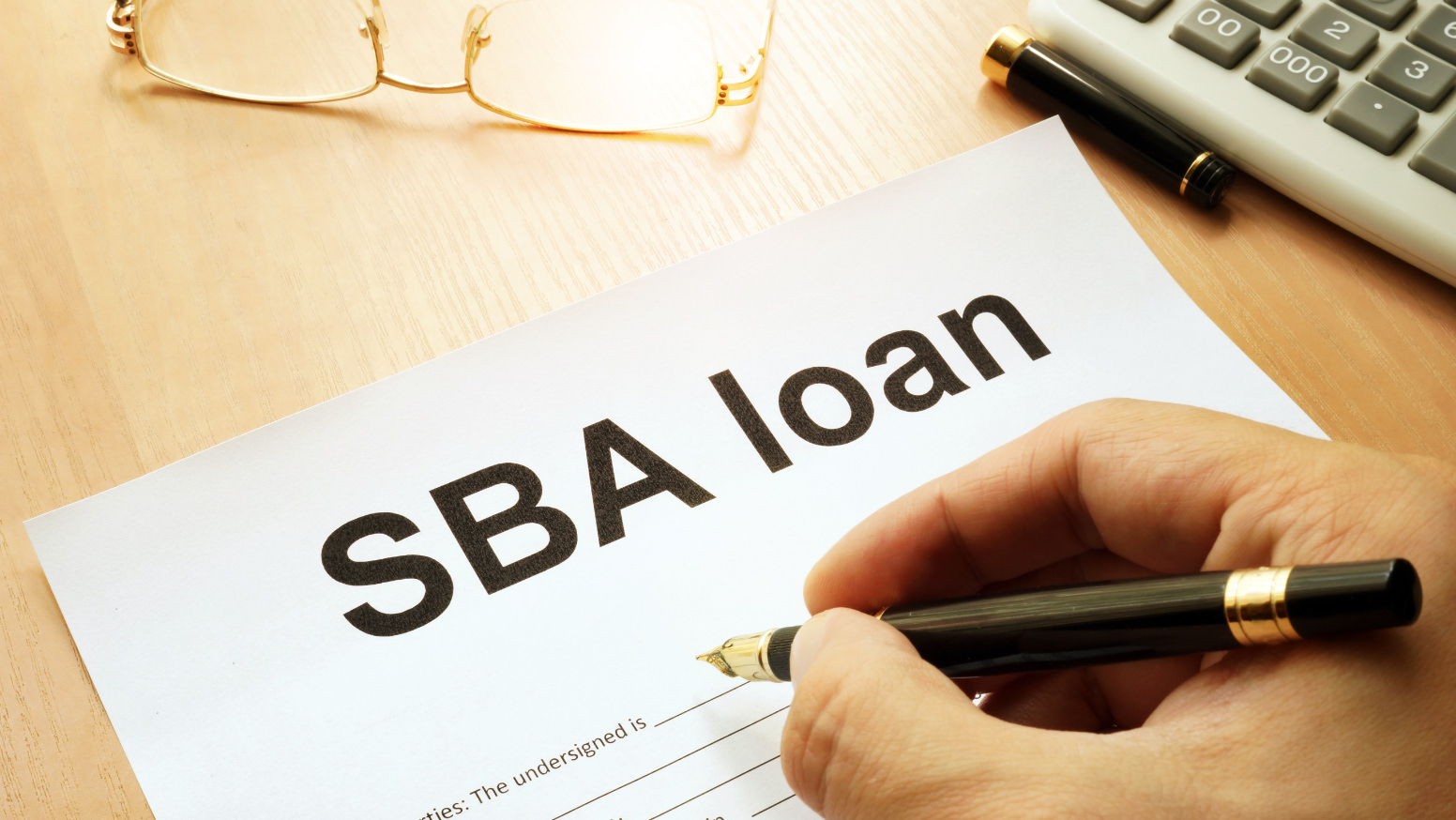In most cases people have invested a good portion of their life savings into the business now going under. Losing your business is a terrible thing. And, being faced with the prospect of repaying your SBA Business Loan with little or no savings and the loss of your business is daunting.
In a majority of cases, business owners opt to work with their Lender to put the business on the market and sell it to a third-party or simply liquidate the assets piecemeal. Here are a couple of common questions and the answers will probably surprise you.
Can I really do a better job than the bank in selling my business?
In almost all cases you can. Lenders are not in business of selling businesses, they make loans. They can repossess the collateral and, in rare cases, they could appoint a receiver to operate a business and then sell it, but in our experience, the business owner is in the best position to maximize recovery here.
If you can arrange for the sale of your business, you are likely going to avoid a brokerage fee of between 6-12% (or more). Or, if the bank repossesses the assets and auctions them the cost of doing so will get charged to the loan (increasing your balance). In many cases, auctioneers charge between 25% – 35% to auction off miscellaneous assets; those buying them are looking for bargains. If your business is a franchise, then the franchisor may want to place someone else in your location and this may also result in that party assuming (taking over) the ground lease as well.
If you are thinking about selling your business assets, talk to your Lender and your attorney and determine the best course of action.
Will the proceeds from the sale count against what I owe the Lender?
Yes. The purchase price will be applied to what the Borrower owes the Lender on the loan. But, be careful here. The assets belong to Borrower and the Borrower’s legal liability has been reduced, but if the proceeds from the loan don’t fully payoff the loan then a deficiency will result. In other words, the remaining balance must be paid — by the guarantors!
Won’t the proceeds from the sale of the Borrower’s assets count against my Offer in Compromise?
No, the balance you are compromising has now been reduced from X to Y because of the sale. As a guarantor you must now settle that liability yourself. For example:
1. The original loan balance is $100,000
2. The sales proceeds are $30,000
3. The Deficiency balance (whats left) is now $70,000
4. The credit you receive as a guarantor against your offer is $0; that’s right – zero.
As a guarantor, you must now make an offer to compromise your individual liability to the Lender under your guaranty agreement. This means that you, as a guarantor, must offer something more to settle the $70,000; this money must come out of your own pocket or be borrowed. It cannot come from any remaining cash in the business bank account or from the sales proceeds.
Before your discuss your offer in compromise with the Lender, talk to your attorney first. Ask how the proceeds from an asset purchase will be applied. This answer can come as a shock to a business owner who is losing their business and must now settle the remaining loan balance. Therefore, be sure you have a plan to fund your offer in compromise because selling the business only solves part of the problem, but will still leave you on the hook in almost all cases.

